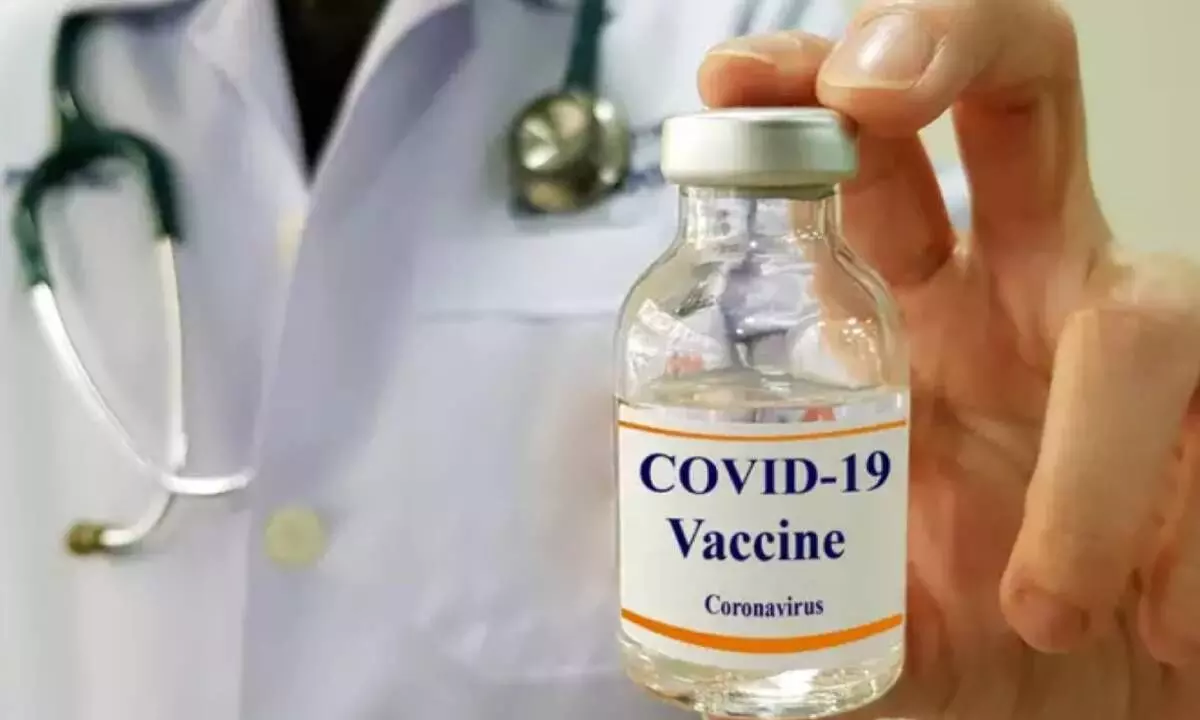Severe obesity blunts antibody response to Covid vaccines: Study
Obesity has been a known risk factor for Covid-19 infection. And now a study reveals, severely obese people may have significantly weaker immune response to Covid vaccination compared to those with normal weight.
image for illustrative purpose

Istanbul, May 6 Obesity has been a known risk factor for Covid-19 infection. And now a study reveals, severely obese people may have significantly weaker immune response to Covid vaccination compared to those with normal weight.
Obesity is a disease complicating the course of Covid-19, and SARS-CoV-2 vaccine antibody response in adults with obesity may be compromised.
Vaccines against influenza, hepatitis B and rabies, have also shown reduced responses in people with obesity, said researchers from Istanbul University in Turkey.
However, the findings presented at this year's European Congress on Obesity (ECO) being held in Netherlands also found that people with severe obesity (BMI of more than 40kg/m2) vaccinated with Pfizer's mRNA vaccine generated significantly more antibodies than those vaccinated with China's CoronaVac (inactivated SARS-CoV-2) vaccine. The team said it suggests that the Pfizer/BioNTech vaccine might be a better choice for this vulnerable population.
To find out more, researchers investigated antibody responses following Pfizer/BioNTech and CoronaVac vaccination in 124 adults (average age 42-63 years) with severe obesity between August and November 2021.
They also recruited a control group of 166 normal weight adults (BMI less than 25kg/m2, average age 39-47 years).
Overall, 130 participants received two doses of Pfizer/BioNTech and 160 participants two doses of CoronaVac, of whom 70 had previous SARS-CoV-2 infection.
In those without previous Covid infection and vaccinated with Pfizer/BioNTech, patients with severe obesity had antibody levels more than three times lower than normal weight controls.
Similarly, in participants with no prior Covid infection and vaccinated with CoronaVac, patients with severe obesity had antibody levels 27 times lower than normal weight controls.
Interestingly, the analyses found that in patients with severe obesity, with and without prior SARS-CoV-2 infection, antibody levels in those vaccinated with Pfizer/BioNTech were significantly higher than those vaccinated with CoronaVac.
"These results provide new information on the antibody response to SARS-CoV-2 vaccines in people with severe obesity and reinforce the importance of prioritising and increasing vaccine uptake in this vulnerable group," said Professor Volkan Demirhan Yumuk from the varsity.
"Our study confirms that immune memory induced by prior infection alters the way in which people respond to vaccination and indicates that two doses of Pfizer/BioNTech vaccine may generate significantly more antibodies than CoronaVac in people with severe obesity, regardless of infection history," Yumuk added.
However, he pressed the need for further research to determine whether these higher antibody levels provide greater protection against Covid-19.

